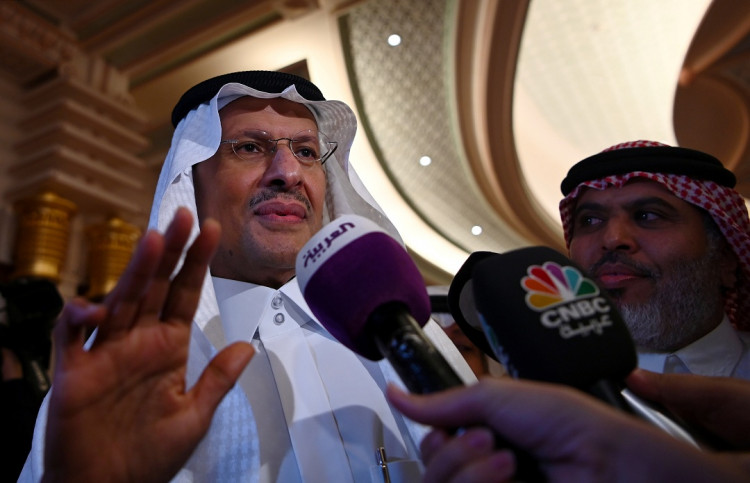To put some concerns to rest over its oil supply following the attacks, Saudi Arabia announced on Tuesday that it expects to have it oil facilities in full operation within two to three weeks.
The kingdom based its prediction on the fact that it has been seeing its oil production output recover much faster than it had anticipated.
Initial concerns were raised by oil firms and fellow OPEC members when Saudi Arabia had not sent any updates on the situation following the attacks on various oil facilities in the kingdom over the weekend. According to reports, Saudi had stayed silent for close to 48 hours following the attacks.
The situation was worsened when reports citing sources who were briefed on the state of Saudi Aramco's facilities had revealed that the company's operations could take months to fully recover. The drone attacks on the state-owned company's facilities had reportedly knocked out more than half of its total oil production capacity.
The loss in production represents roughly 5 percent of the total global oil output. The reports immediately sent global oil prices soaring as trading resumed on Monday. Fortunately, Saudi Arabia's announcement of its forecasted return to full operation has managed to control the prices, sending it down sharply on Tuesday.
On Tuesday, Saudi's energy minister Prince Abdulaziz bin Salman held a news conference that gave the public the first official update after the attacks on Saudi Aramco's facilities in Khurais and Abqaiq.
According to the Saudi official, Saudi Aramco has managed to restore close to 70 percent of its 5.7 million barrel per day output. The official also confirmed that they expect the company's total production capacity to return within two to three weeks.
Immediately after the attacks, Yemen's Houthi rebels were quick to claim responsibility. The group is currently actively fighting a Saudi-led coalition in Yemen. Despite the groups' claim, the US has openly put the blame on Iran.
US President Donald Trump personally mentioned that he believes Iran had initiated the attacks. The president's statement resulted in a prompt response from Iran's supreme leader, who stated that he was now ruling out any possible talks with the United States.
Saudi Arabia also shares the same conclusion as the United States, claiming that its investigations have found that the attacks couldn't have come from Yemen. Saudi reportedly sought the help of international experts in its investigation and has found that the attacks had come from the opposite direction from Yemen.
Iran has so far denied that it was behind the attacks. Iranian President Hassan Rouhani mentioned that Yemen likely ordered the strikes in direct retaliation to the recent attacks made by the Saudi-led coalition.






